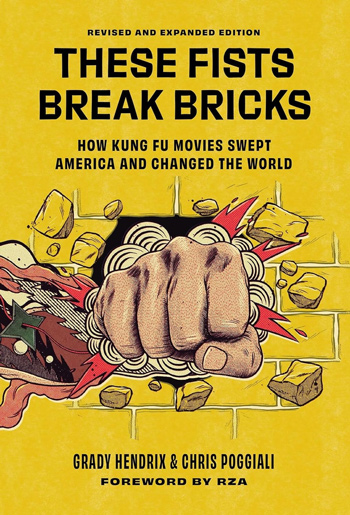 Written by Grady Hendrix, Chris Poggiali
Written by Grady Hendrix, Chris Poggiali
Foreword by RZA
Published by Running Adult Press
For a subgenre that was so reviled and ridiculed during their initial “boom”, the martial arts film has been the recipient of a number of excellent non-fiction books in the last few years, and has become an evergreen subject for appreciation and debate in revival cinemas, cinematic studies departments and for fans of boutique physical media.
There has never been a better time to be a fan.
What sets These Fists Break Bricks apart as a unique work is that it is not merely a survey of the martial arts film within the context of film history, but a cultural analysis of martial arts cinema as a cultural phenomena: one with fascinating political, social, racial, and economic causes and consequences.
It is a set of interlocking historical narratives about how martial arts ingrained themselves into the world’s cinematic palette, and a starting point for further introspection and imagination.
The book sets the stage with an analysis of how judo and karate came to the west, fascinating Americans from Theodore Roosevelt to James Cagney before anti-Japanese sentiment from Pearl Harbor crushed a nascent martial arts culture in the United States. War, ironically, always involves a cultural exchange and through the 50’s and 60’s the culture built itself back up.
Hendrix and Poggiali find a parallel I wasn’t aware of here: black men studying martial arts in 1960’s New York for self-defense from an uncaring state, at the same moment in history a small Mandarin studio in Hong Kong called Shaw Brothers was watching box office returns for Japanese samurai films come in and decided to switch their movie making machine from period musicals to period swordsman films to appeal to Cantonese men who felt alienated both from Mainland China and their British colonial overlords. We often talk about history repeating, but it’s fascinating to read about corresponding circles of oppression and alienation across the globe would ripple towards one another so powerfully.
The section on the 1960’s is fascinating for how many oddities, forgotten stories, and obscure experiments are dug up but we all know in a history of martial arts films it’s the section on the 70’s and 80’s that’s going to act as the main event. The early 70’s saw America embroiled in Vietnam (again, war is always a cultural exchange); civil rights and far left protests, and a studio system that was dying out with very little idea how to reach an audience that was slipping away.
As the saying goes, when the student is ready the teacher appears and a general public that was desperate for diversion and fascinated with Eastern philosophy sunk their teeth into ABC’s Kung Fu starring David Carradine. The Eastern-Western is derided nowadays for casting a white man as its lead, but there really is no way to overstate how daring it was as a television product, or how much interest it created in the days where network television dominated American cultural discourse.
That interested waxed into a cultural force with the arrival of Bruce Lee’s first film The Big Boss (Released in America as Fists of Fury) which along with Shaw Brothers basher King Boxer (Five Fingers of Death) and Angela Mao vehicle Lady Whirlwind (Deep Thrust) occupied the top three American box office spots in the week of their debut and represent the only moment in American cinematic history where domestic film productions were unseated by foreign films.
The book is written in a conversational style that makes it ideal for light reading, even when the depth of research is impressive and prodigious. For a casual fan, the book is an invaluable tool for navigating the endless lists of kung fu movies on streaming platforms these days with a cavalcade of posters, production notes, and synopses on the best films from each decade of martial arts film. If you know you like these kinds of films, but you don’t know a lot about them I think you’ll get quite a bit out of this.
Likewise, if you’re a serious collector or aficionado, you probably don’t need to be told that Come Drink With Me is good or the story of Jackie Chan’s rise to incipient stardom in the late 70’s but the books approach to the material as an artifact of culture and great detail about the human stories of how these films changed the way Americans see the world is continually fascinating.
In many cases a kung fu film was the first artifact of Chinese culture that an American will see and the way that the films transcend racial and national barriers continues to be inspiring and uplifting.
Highly Recommended.






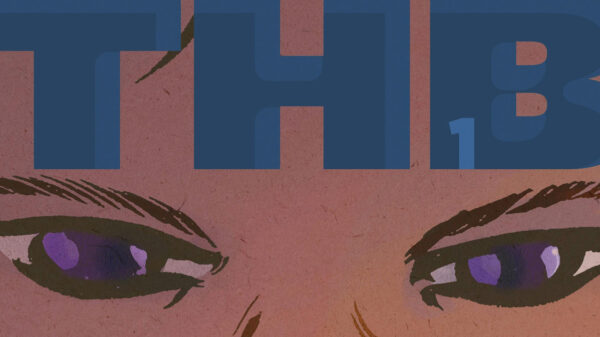

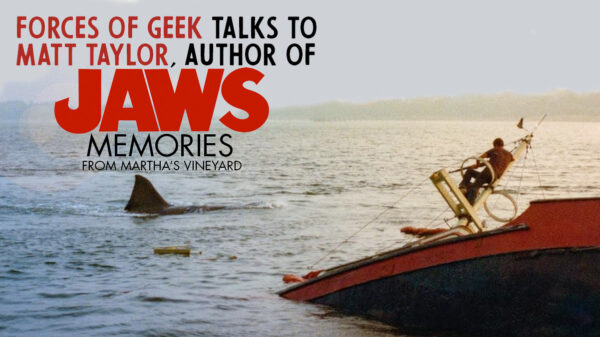
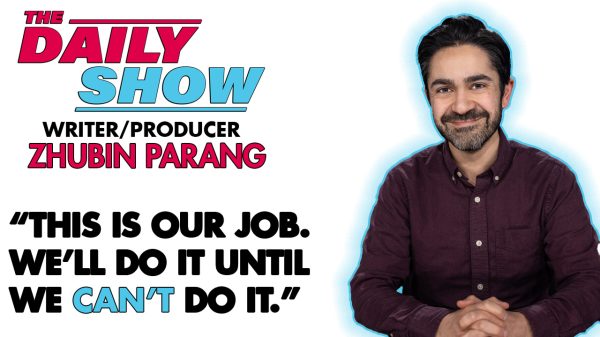
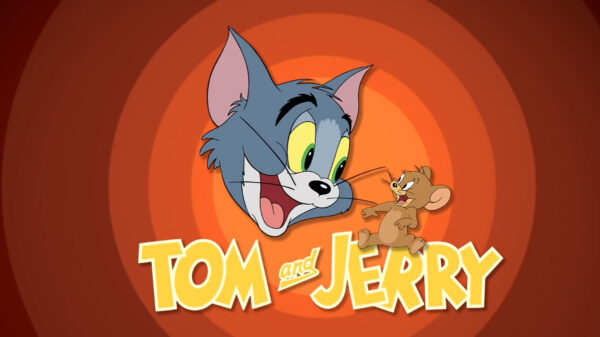



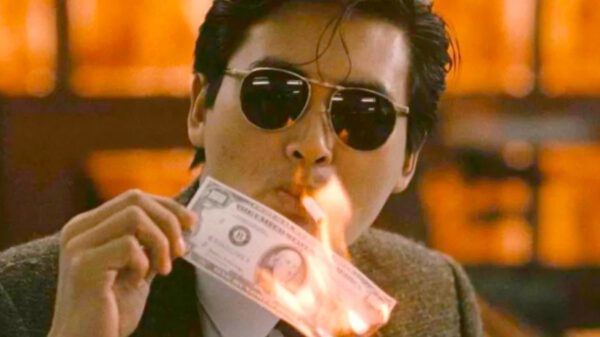



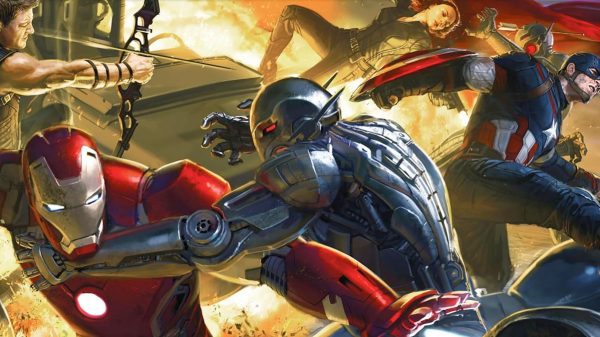

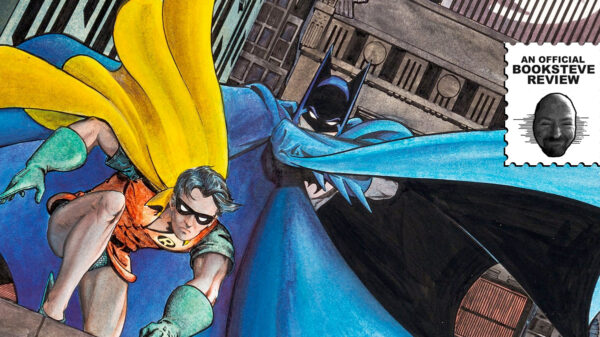
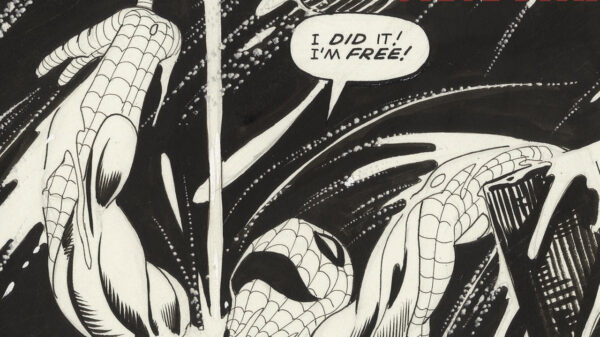
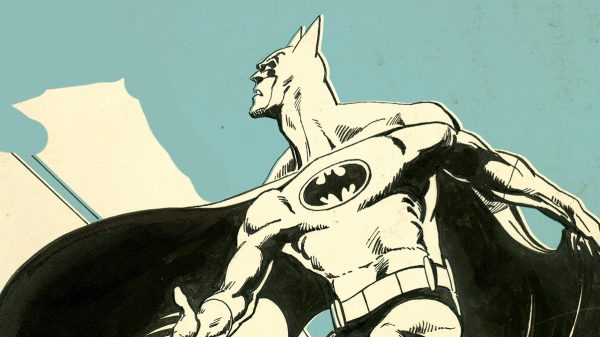





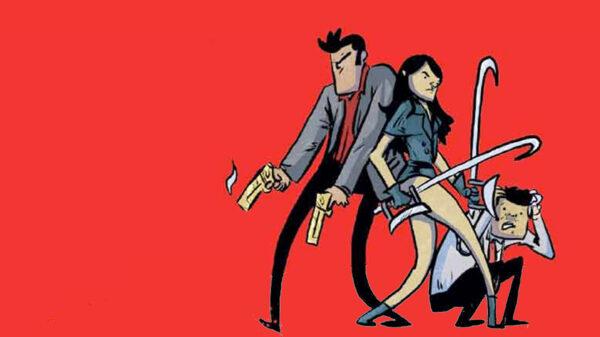
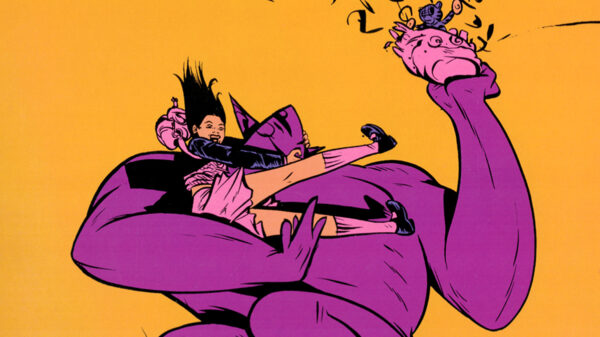
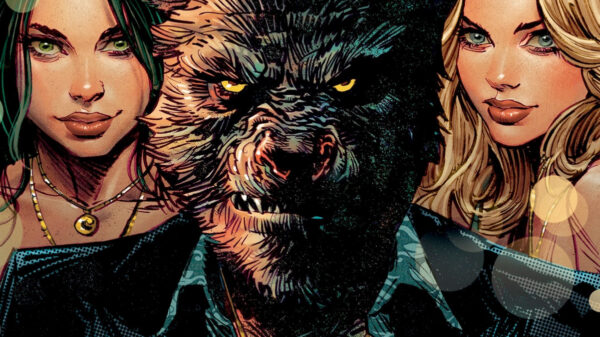







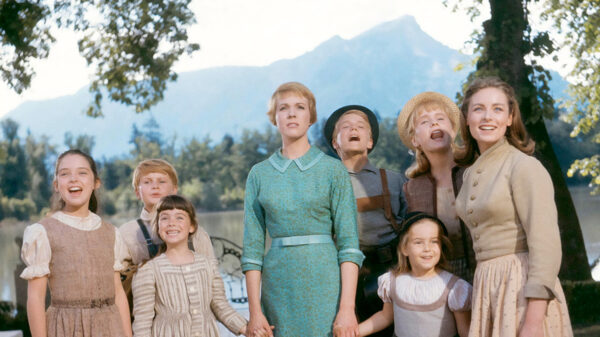
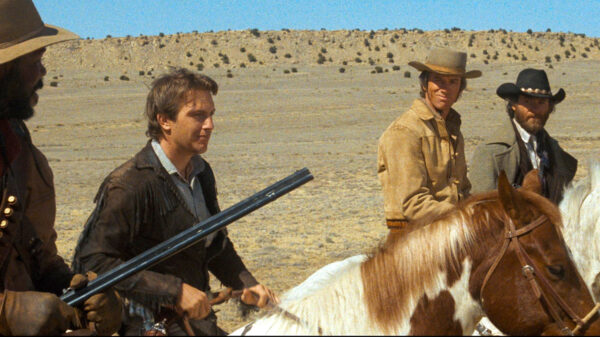


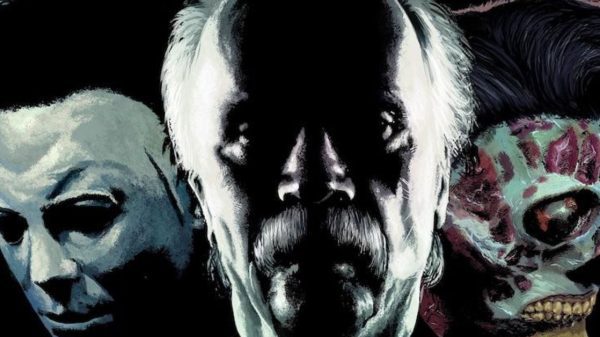
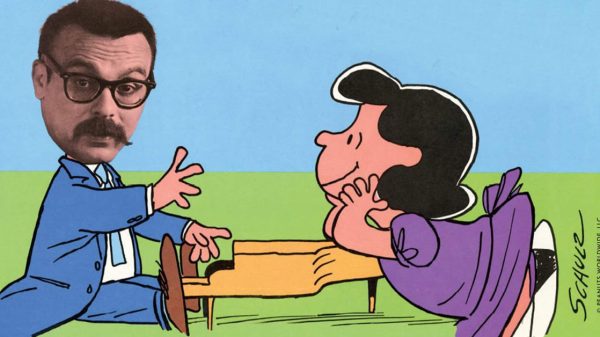









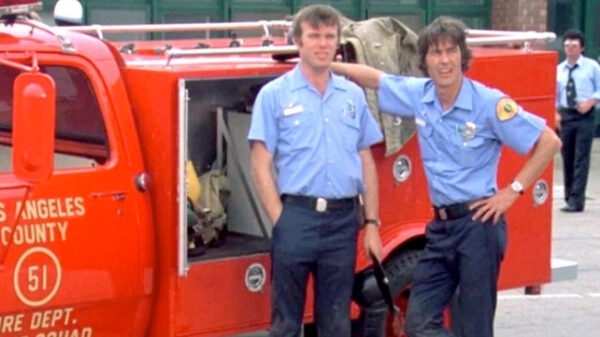
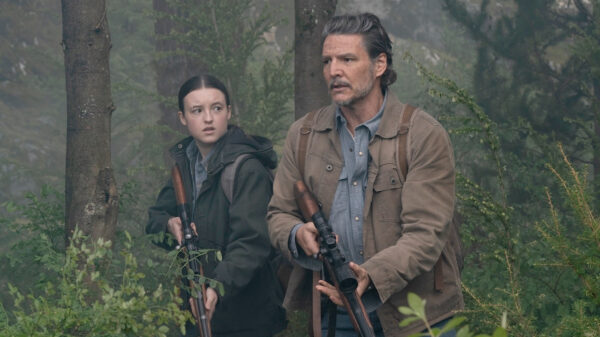
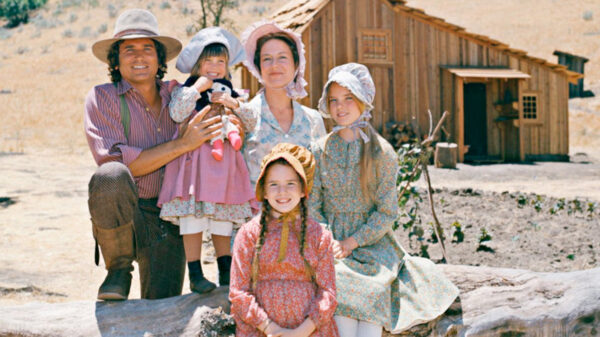






























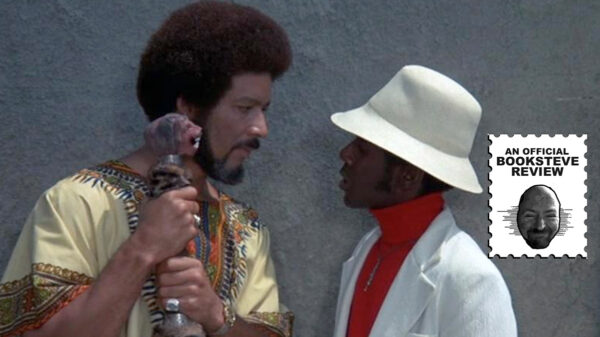
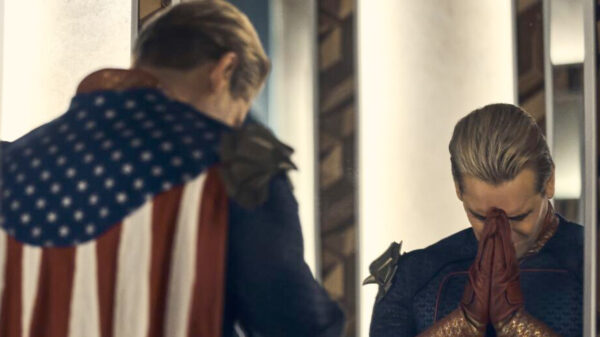












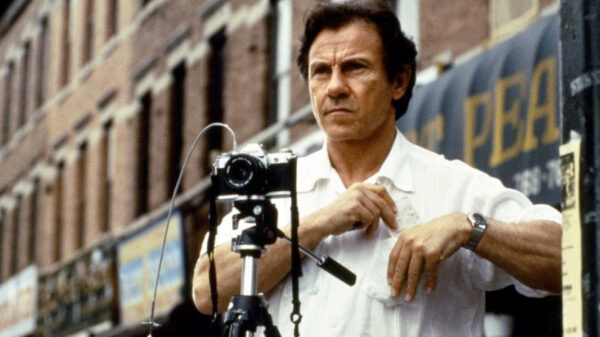

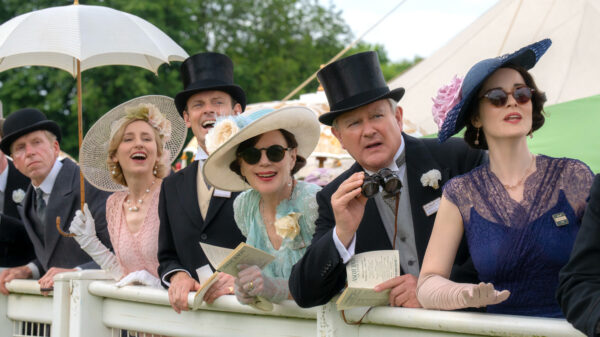
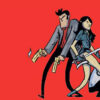



You must be logged in to post a comment Login